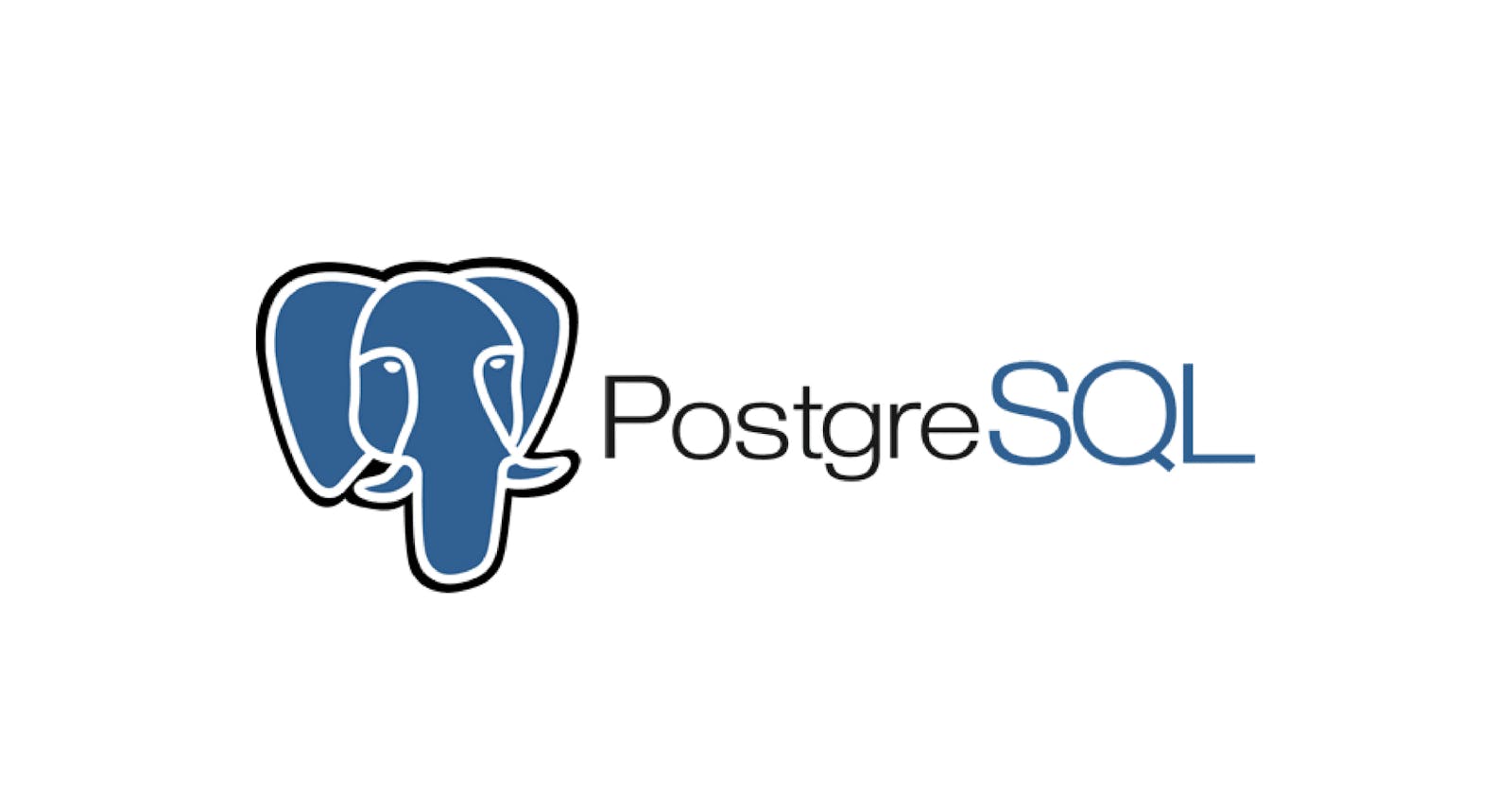Why PostgreSQL is a Top Choice for Data Management and Applications
A Beginner's Guide to Getting Started with PostgreSQL
PostgreSQL, also known as Postgres, is a powerful and feature-rich open-source database management system that is designed for storing and managing data. It is a relational database, which means that it uses the traditional SQL (Structured Query Language) used by many other databases, such as MySQL and Oracle.
PostgreSQL has a long history, with its origins dating back to the mid-1980s. It was developed by a team of researchers at the University of California, Berkeley, and has undergone a number of major revisions and improvements over the years. Today, PostgreSQL is widely used by a range of companies and organizations around the world.
One of the key features of PostgreSQL is its support for a wide range of data types and SQL features. It supports a number of advanced data types, such as arrays, hstore (a key-value store), and JSON, as well as support for user-defined types and functions. In addition, PostgreSQL has a number of advanced SQL features, such as support for triggers, stored procedures, and views, which allow for the creation of complex queries and data manipulation tasks.
PostgreSQL is known for its reliability and performance. It has a number of features that help to ensure the consistency and integrity of data, including support for transactions and foreign keys. It also has a powerful query planner and optimizer, which helps to improve the performance of queries and data manipulation tasks.
A number of well-known companies and organizations use PostgreSQL, including Etsy, Skype, and Airbnb. PostgreSQL is well-suited for a variety of tasks, including storing and querying data, building data pipelines, and powering modern, distributed applications.
When compared to other database management systems, such as MySQL or Oracle, PostgreSQL stands out for its feature-richness, reliability, and performance. However, it is important to carefully consider the specific needs and requirements of your application before choosing a database management system. While PostgreSQL has many benefits, it may not be the best fit for every situation.
Some potential drawbacks or limitations of PostgreSQL include its complexity and the need for specialized knowledge and skills to set it up and maintain it. In addition, PostgreSQL may not be the best choice for applications that require very high levels of concurrency or need to support a large number of users or transactions.
If you're interested in learning more about PostgreSQL, there are a number of resources and documentation available online. The official PostgreSQL website (postgresql.org) is a great place to start, and there are also a number of community-run forums and resources available for learning more about PostgreSQL and getting help with specific issues or questions.
In conclusion, PostgreSQL is a powerful and feature-rich database management system that is well-suited for storing and managing data. It is widely used by a range of companies and organizations and is a popular choice for a variety of applications. If you're considering using PostgreSQL for your application, be sure to carefully consider the pros and cons and whether it is the best fit for your specific needs.

